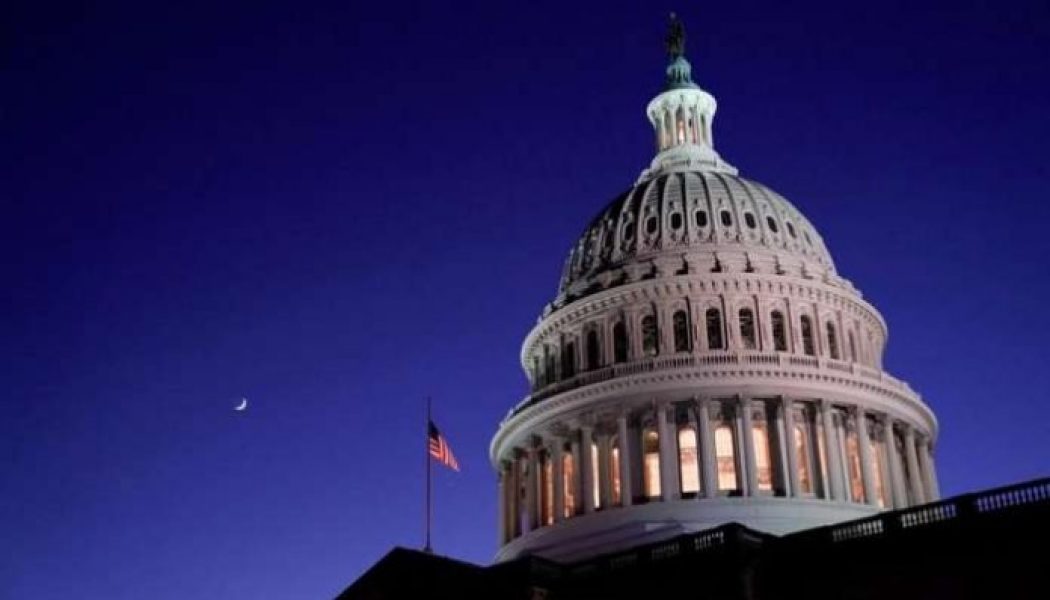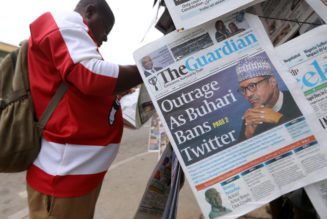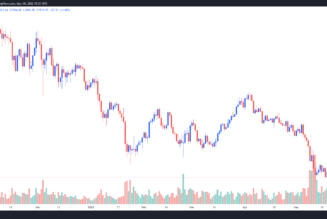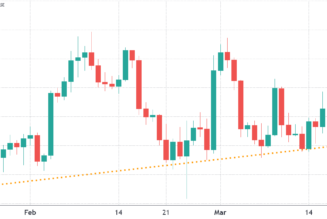
Clean sweep by Democrats allows them to enact big-spending policies likely to benefit the economy, investors say.
Global stock markets rose and bonds nursed losses on Thursday in anticipation of a big-borrowing and big-spending Democratic administration driving growth, following runoff elections that gave the party control of both houses of the United States Congress.
On Wednesday, US Treasury bonds had suffered their steepest selloff in months after Democratic Party victories in two races in the state of Georgia handed them narrow control of the Senate and the power to pass their agenda.
US S&P 500 futures rose 0.6 percent and Nasdaq 100 futures rose 0.9 percent as markets seemed to shake off a late fade that pulled Wall Street indexes back from fresh record peaks when chaotic protests in Washington, DC, unnerved traders.
MSCI’s broadest index of Asia-Pacific shares outside Japan rose 0.8 percent to just shy of a record high, led by a 2.6 percent jump by South Korea’s chipmaker-heavy Kospi and a 1.8 percent gain by Australia’s miner-and-bank-heavy ASX 200.
Japan’s Nikkei rose 2 percent to its highest since 1990. FTSE and European futures rose slightly.
“It’s basically a reflation trade,” said Mathan Somasundaram, head of Sydney-based research firm Deep Data Analytics, who added that the Democratic sweep was unexpected by most investors and “changes a lot”.
“Even though it’s a razor-thin margin, it gives Democrats a two-year window [to pursue their agenda],” he said. “Anything that benefits from rising prices is going to do well … when you look at the policy settings they are trying to get through, it’s about printing [money for] Main Street and not Wall Street.”
Wednesday’s bond selloff pushed the yield on benchmark 10-year US Treasuries above 1 percent for the first time since March. It rose as high as 1.0507 percent on Thursday.
The US dollar also sank as the runoff election result became clearer. Currency traders reckon that large, and growing, US trade and budget deficits will weigh on the greenback.
The dollar struck an almost three-year low against the euro of $1.2349 and hovered near that level on Thursday. It also fell to multiyear troughs against the Australian and New Zealand dollars and the Swiss franc.
Capitol chaos, China crackdown
The exuberance was tempered by some selling in tech stocks, as investors expect the sector to face taxes and regulations, and by unsettling scenes of protesters storming the US Capitol to disrupt certifying Donald Trump’s November electoral defeat. At least four people died in clashes with security forces.
Wall Street eased from session highs as police evacuated policymakers and struggled for more than three hours to clear the Capitol of Trump supporters.
“What give[s] us a little bit of a pause is that the economy is still very fragile and I think it’s unlikely that Democrats are going to have as easy of a time as markets are trying to predict in passing some of these policies,” said Tim Chubb, chief investment officer at wealth adviser Girard in Pennsylvania.
Congress reconvened to resume the election certification process. Shares in Twitter slipped slightly after regular US trading when the social network said it had temporarily locked Trump’s account for violating the platform’s rules.
Meanwhile, a US crackdown on Chinese companies appears to be deepening, with sources telling the Reuters news agency that the Trump administration is considering extending investment bans to tech giants Alibaba and Tencent.
Shares in both fell more than 4 percent in Hong Kong and shares in three Chinese telecom firms that the New York Stock Exchange has eventually decided to remove after a week of flip-flopping also fell heavily.
Oil prices hovered near a 10-month high, basking in the afterglow of a production cut promised by Saudi Arabia. Brent crude futures were last up 0.7 percent to $54.69 a barrel and US crude futures rose 0.9 percent to $51.07 a barrel.
Gold was steady at $1,917 an ounce and bitcoin firm after making a fresh record high of $37,785.










